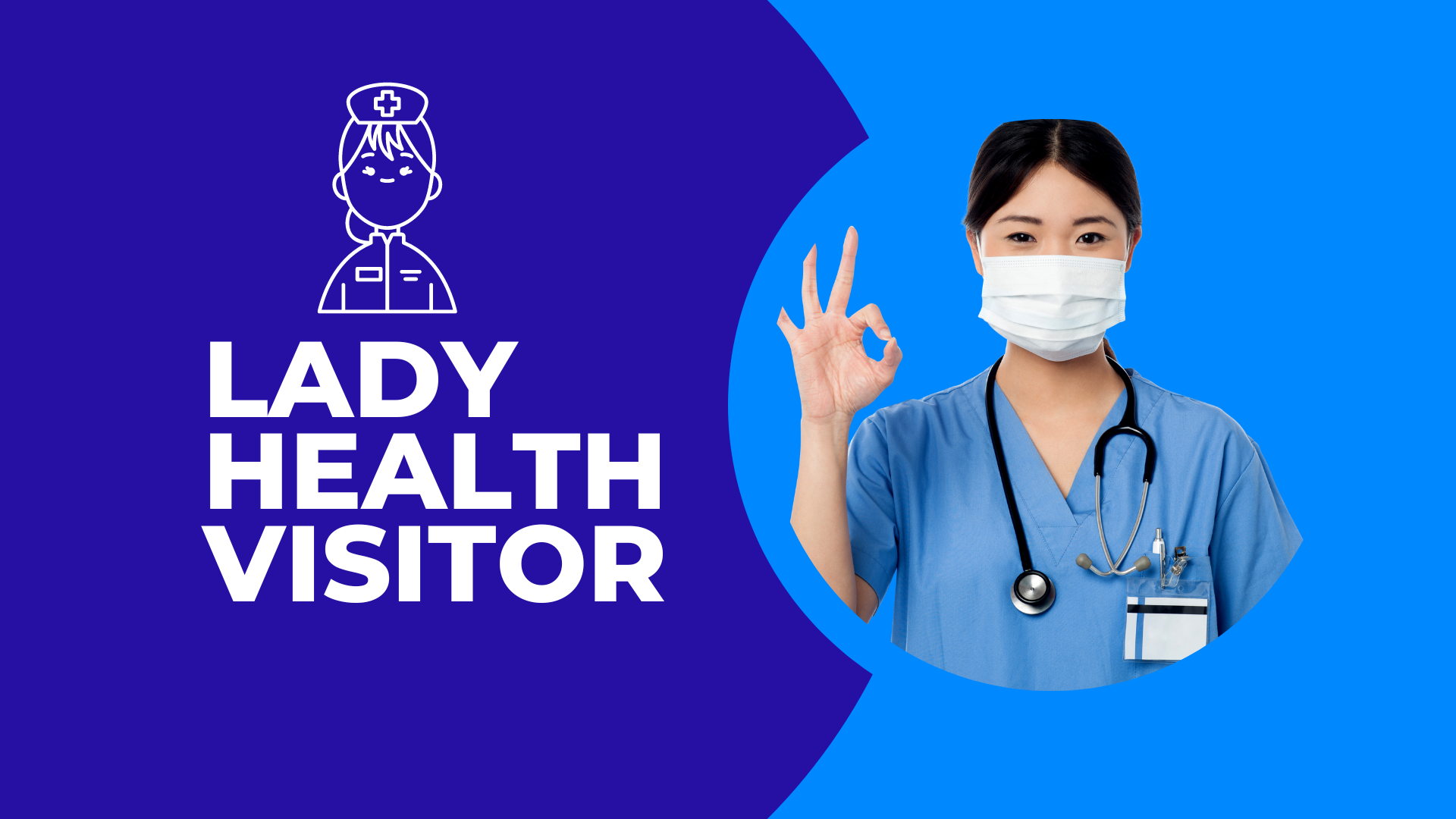what is lady health visitors (L.H.V)

In many developing countries, access to healthcare services can be a challenge, especially for women and children living in rural or remote areas. This is where Lady Health Visitors (LHVs) play a vital role in providing basic healthcare services and health education to communities.
LHVs are community health workers who are primarily women and are trained to provide healthcare services and health education to women and children in their communities. They are employed by the government health department or non-governmental organizations (NGOs) and work in collaboration with other healthcare professionals to ensure that the healthcare needs of the community are met.
The primary role of an LHV is to provide basic healthcare services to women and children in their communities. They are trained to provide basic first aid, administer medication, and identify common health problems. They also provide health education and counseling to women and children on a variety of health issues such as maternal and child health, family planning, immunization, nutrition, and hygiene practices.
One of the key benefits of having LHVs is that they are able to provide healthcare services to women and children who may not have access to healthcare facilities due to distance, cost, or cultural barriers. They are also able to provide healthcare services and health education in a culturally sensitive manner that is respectful of local customs and beliefs.
LHVs play a crucial role in improving maternal and child health outcomes. They provide education on proper nutrition during pregnancy, safe delivery practices, and postnatal care for both the mother and baby. They also encourage the uptake of immunization and family planning services, which can help reduce maternal and child mortality rates.
In addition to their primary role of providing healthcare services, LHVs are also involved in community mobilization and advocacy. They work with communities to promote health-seeking behavior and to address social and cultural barriers that may prevent women and children from accessing healthcare services.
Despite the critical role that LHVs play in improving community health, they are often undervalued and underpaid. Many LHVs work in challenging conditions with limited resources and face significant barriers such as gender discrimination and lack of recognition for their contributions.
In conclusion, LHVs are the unsung heroes of community health. Their tireless efforts to provide basic healthcare services and health education to women and children in their communities have a significant impact on improving health outcomes and reducing mortality rates. It is important that their contributions are recognized and valued, and that efforts are made to address the challenges they face in their work.

